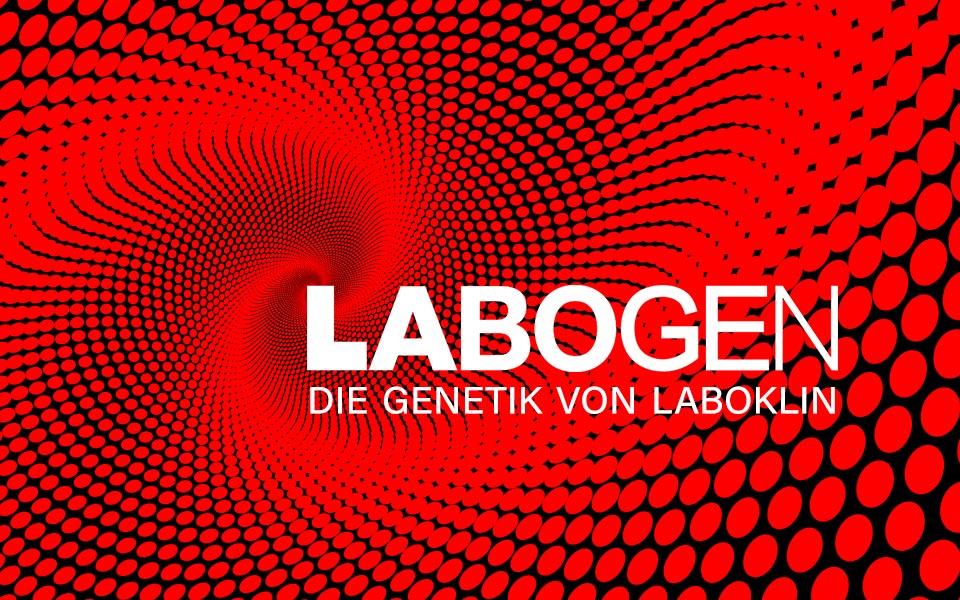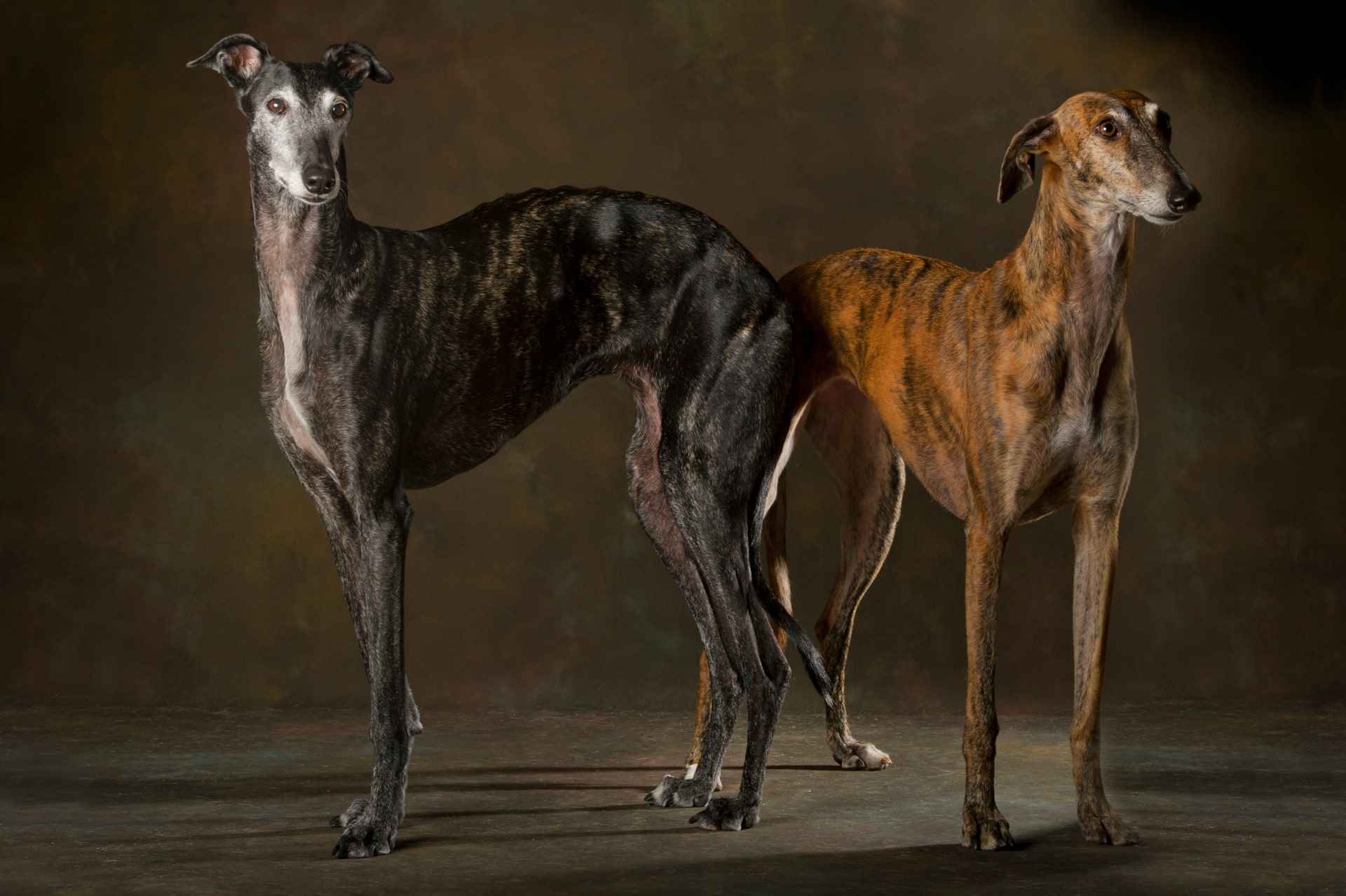News on genetic testing for DCM in Dobermans
Dilated cardiomyopathy (DCM) is a disease of the heart muscle in which the left ventricle, which is responsible for the main pumping action of the heart, is thickened, dilated and weakened. As a result, the heart cannot pump blood effectively through the body. In Dobermanns, dilated cardiomyopathy is a widespread hereditary heart disease. Affected dogs suffer from heart failure or sudden cardiac death.
Ventricular tachyarrhythmias (cardiac arrhythmias) are a typical sign of DCM and can be diagnosed using an echocardiogram or electrocardiogram (ECG). To date, four genetic variants have been found that are associated with DCM in Dobermans. DCM has variable penetrance, so genetically affected dogs may show only very mild or even no symptoms over the course of their lives. In addition to the genotype of the two variants, diet, exercise level and other genes also appear to have an influence on a dog’s individual risk. The genetic test can therefore identify the DCM-associated variants, but cannot determine whether a genetically affected dog will actually develop clinically relevant symptoms.
In the American Doberman population, the DCM1 variant in the PDK4 gene (supplies the heart with energy) and the DCM2 variant in the titin (TTN) gene (involved in heart contraction) appear to be particularly relevant.
According to current knowledge, the risk markers DCM3 and DCM4 are particularly relevant in the European Doberman population and are associated with left ventricular systolic dysfunction and dilatation. DCM3 is inherited dominantly: heterozygous carriers have a higher risk of DCM than animals without a copy of the risk factor. The risk of animals carrying the DCM3 variant homozygously is higher than that of carrier animals. DCM4 is inherited recessively; animals homozygous for DCM4 have a higher risk of DCM than free or heterozygous carriers. The DCM3 and DCM4 variants appear to have an additive effect, with a stronger effect of DCM4.
The risk of DCM can be estimated by the combination of genotypes as follows:
Risk < 50 %: N/N (DCM3) and N/N (DCM4), N/N (DCM3) and N/DCM4
Risk 50-75 %: N/DCM3 and N/N (DCM4), N/DCM3 and N/DCM4
Risk < 75 %: N/N (DCM3) and DCM4/DCM4, N/DCM3 and DCM4/DCM4, DCM3/DCM3 and N/N (DCM4), DCM3/DCM3 and N/DCM4, DCM3/DCM3 and DCM4/DCM4
Dogs at increased risk should be regularly examined for possible signs of the disease and, if necessary, treated with appropriate medication to slow down the progression of DCM as much as possible. With the help of genetic testing, the prevalence of known variants within the breed can be reduced without restricting the gene pool too much. Care should be taken when mating to ensure that puppies with a high risk of DCM are avoided, thus reducing the prevalence of risk variants in the breed.






